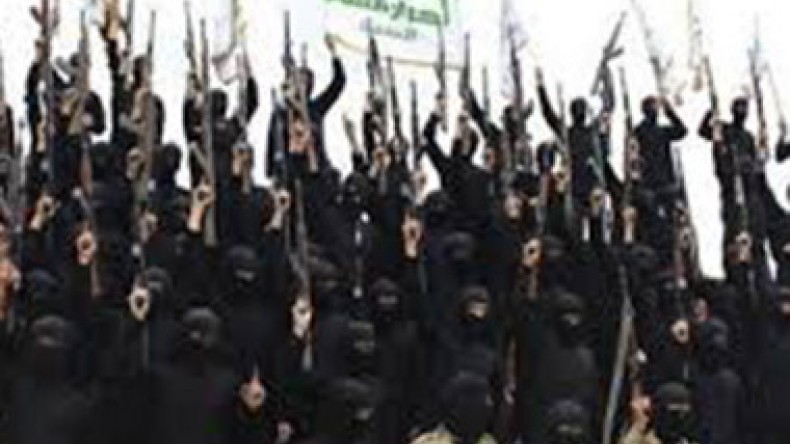
‘Saudi Arabia intent on seizing Syria’
Press TV has conducted an interview with James Petras, a Middle East expert from New York, about the issue of Syria and what impact the upcoming Geneva 2 Conference will have on the crisis situation there.
- The Geneva 2 is upcoming as we are speaking now about how that conference is going to affect the situation in Syria. We are hearing the information minister saying now that he wants the Geneva conference to end acts of terror in Syria. Others are saying that it just might be a political move with no effective results on the ground. How are you assessing the situation?
- I think it’s a positive step first of all that there is going to be a conference and the question of peace and the resolution for the conflict to end the brutal invasion from all over the extremist world. I think that is a very positive step.
The big problem is that the opposition includes a very important contingent of terrorists with enormous financing – hundreds of millions of dollars from Saudi Arabia, which is intent on seizing power and displacing not only the Bashar al-Assad government, denying the Syrian people an electoral option; but it is also after the Western-backed armed groups.
So, the first thing is, who is going to be there representing the opposition? There is clearly an opposition inside of Syria, which wants a peaceful resolution. There may be sectors of the pro-Western opposition that may be amenable to some negotiated settlement.
But I fear the great majority of the armed fighters especially the Saudi-backed groups are not interested in neither negotiations or a peaceful settlement. They want to grab power and set up a Wahabi-type Saudi satellite and I think that’s a big problem.
The second question is of course that the Syrian government has to be a partner in any settlement and any transitional government and that’s an obstacle because some of the so-called moderate opposition has said that is not acceptable.
So they have to realize that they can’t exclude the Syrian government, which has the backing of at least half the population as recent polls indicate. So they have to compromise and realize that any transitional process Bashar al-Assad will share power with whatever interlocutors agree to go to a referendum and an electoral resolution of the conflict.
The third problem is in establishing a ceasefire, a framework within which they can begin to disarm the violent groups and reach a stable environment to begin an electoral campaign and it’s not clear even among the pro-western groups that they are willing to accept the ceasefire and a - temporary at least - period of actual political campaigning.
So, the number of questions, most of them I would say are exclusively on the problems that are involved in bringing an opposition, which is deeply divided by extremists and Western-backed groups.
Within the Western-backed groups there are radicals that seem to think that accepting negotiations means eliminating the principal interlocutor for the government.
I think these are questions that need to be resolved in order to go forward ... And that means that France has to top handshakes with the Saudi despotism and sit down and negotiate on real terms in Syria and not be pandering to the Saudis and as a result of pandering to the Saudis putting up with the terrorist groups... that are rampaging not only Syria, but Iraq.
Even the United States has recognized that this is an al-Qaeda offshoot and arming the Iraqi government. The French and the United States have to make an essential break with terrorists in order to begin serious negotiations.
Newsfeed
Videos






























